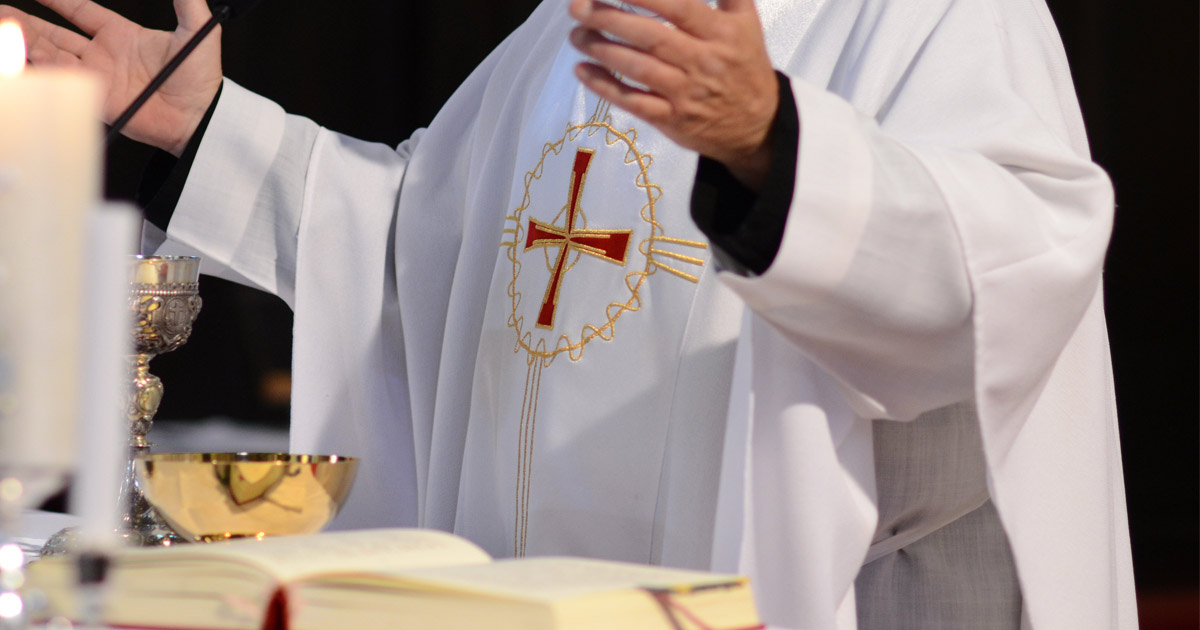The intricate workings of a church involve much more than just spiritual guidance and community involvement. Behind the scenes, there are legal structures in place to govern how they operate. Church bylaws serve a vital function, shaping how these religious institutions govern themselves. Why are they important, and what do they cover?
Church bylaws are rules and regulations that dictate how a church operates and makes decisions. They serve as a framework for the internal governance of the church, outlining its structure, leadership roles, decision-making processes, and procedures for handling various matters.
Why Are Church Bylaws Important?
Church bylaws play a vital role in providing clarity and guidance for a church’s members, leaders, and staff. They outline the legal structure of the church, including its tax-exempt status, governance procedures, and financial accountability measures. These bylaws also help ensure the church complies with applicable laws and regulations.
Bylaws establish the church’s organizational structure, including the roles and responsibilities of its members, leaders, and governing bodies like the board of directors or elders. Clear delineation of responsibilities helps prevent confusion and disputes within the church.
These rules also outline the decision-making process within the church, including how leaders are elected or appointed, how meetings are conducted, and how major decisions are made. Establishing procedures ensures transparency, fairness, and accountability in decision-making processes.
Inevitably, conflicts may arise within a church community. Bylaws often include provisions for resolving conflicts or disputes among members, leaders, or staff, helping to maintain harmony and unity.
What Do Church Bylaws Typically Include?
While the specific contents of church bylaws vary, there are common elements typically included:
- Mission and purpose: Bylaws often begin with a statement of the church’s mission, vision, and core values, providing a foundational framework for activities and decision-making.
- Membership: Bylaws typically define who is eligible for membership in the church, the rights and responsibilities of members, and procedures for admitting, disciplining, or removing them.
- Leadership structure: The bylaws outline the structure of leadership within the church, including the roles and responsibilities of pastors, elders, deacons, trustees, and other leaders. They also include the processes for selection, appointment, or removal.
- Meetings and governance: Bylaws establish procedures for conducting church meetings, including regular worship services, business meetings, and special meetings. They also outline the functions and powers of the governing bodies, such as the board of directors or elders, and the processes for making decisions and enacting policies.
- Financial management: Bylaws address the church’s finances, like budgeting, fundraising, stewardship, and handling donations and assets. They may also include provisions for financial audits, accountability, and transparency.
- Amendments and dissolution: Bylaws typically include procedures for amending the bylaws and dissolving the church if necessary, ensuring changes are made per established protocols and legal requirements.
What Happens When Someone Violates Church Bylaws?
When someone violates church bylaws, consequences depend on the infraction’s severity and church leadership’s discretion. Minor violations might result in warnings or counseling, emphasizing adherence to the bylaws. More serious breaches could temporarily suspend privileges, such as participation in church activities or community service within the congregation.
Persistent or serious violations might necessitate removal from leadership roles or membership, although efforts to reconcile and restore the individual to the community typically accompany such actions. Ultimately, enforcement aims to maintain the integrity of the church’s values and uphold its guiding principles.
Contact Our Virginia Beach Church Lawyers at Anchor Legal Group, PLLC for Legal Guidance With Church Bylaws
Church bylaws are essential to effective church governance, providing a legal and organizational framework. If you need assistance drafting, reviewing, or updating church bylaws, our skilled Virginia Beach church lawyers at Anchor Legal Group, PLLC are here to help. Complete our online form or call 757-LAW-0000 for a consultation. Located in Virginia Beach, we serve clients in Chesapeake, Norfolk, Suffolk, Portsmouth, Newport News, Hampton, Williamsburg, and Eastern Shore, Virginia.


